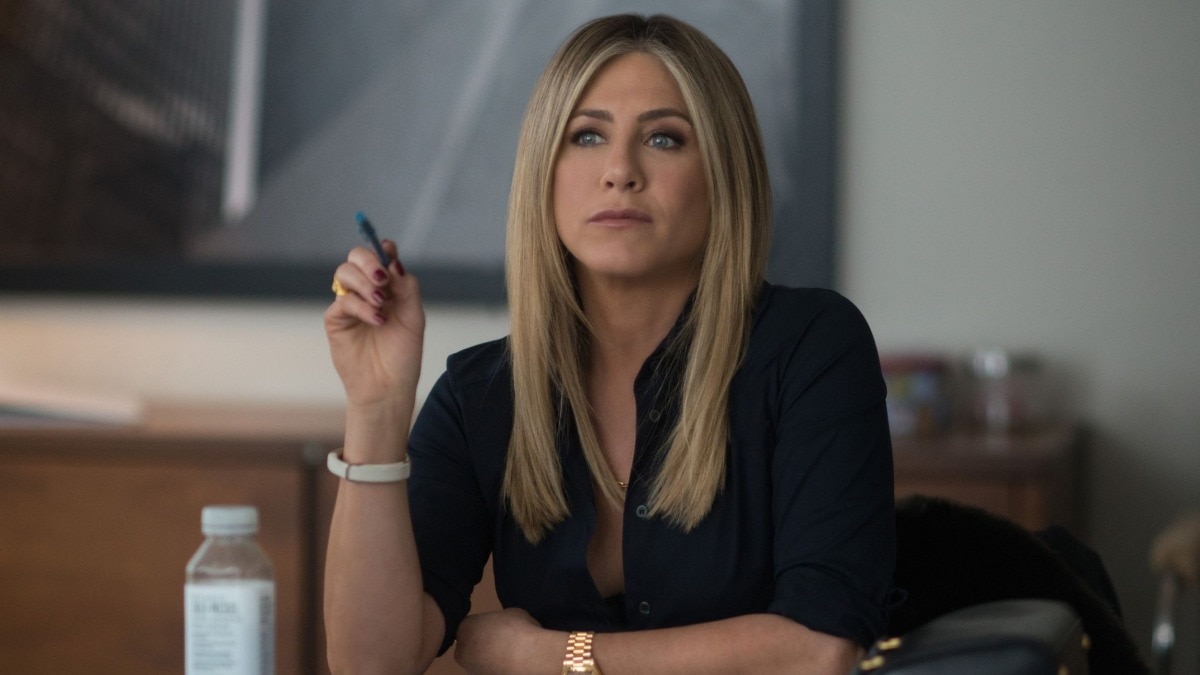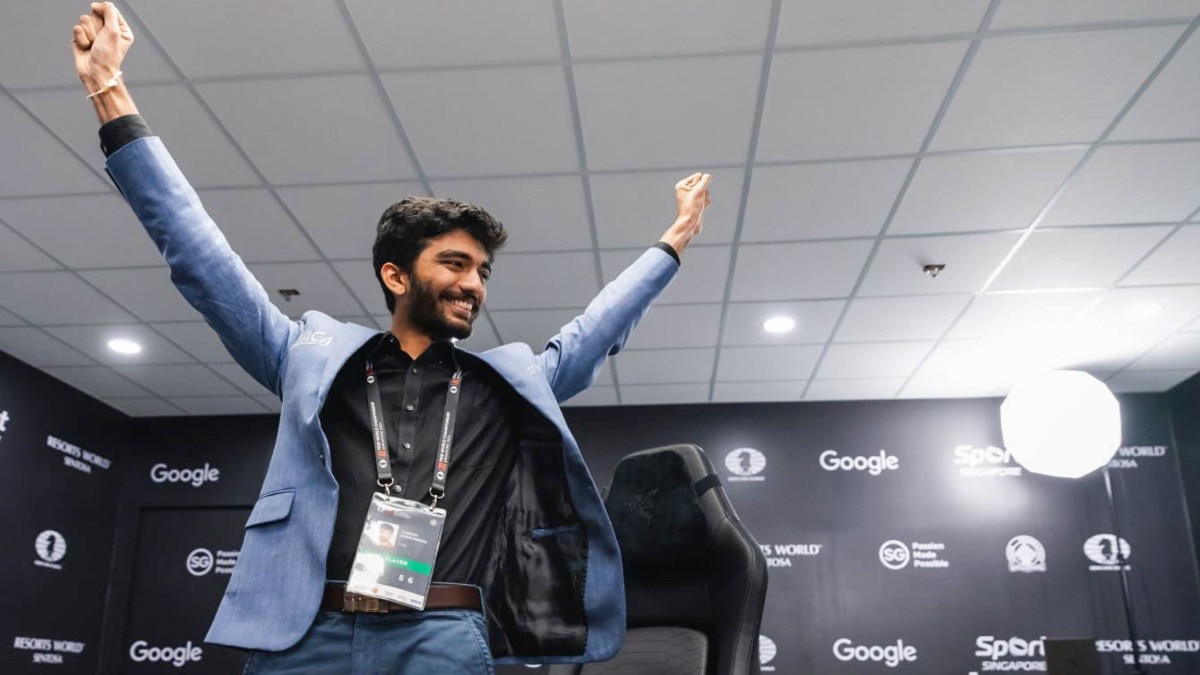
Harper’s Bazaar India in an exclusive conversation with the world’s #1 chef, Virgilio Martínez Véliz
Having just won the top spot for his restaurant Central, at World’s 50 Best Restaurant, the Lima-based chef shares his food philosophy.


What is the similarity between Chef Virgilio Martínez Véliz, world’s #1 chef and Spiderman? Twenty-one years after the release of the first Spiderman, we can’t shake off the dialogue: ‘With great power comes great responsibility’. Chef Martínez, whose restaurant was recently titled the No. 1 in the world by ‘The World’s 50 Best Restaurants List’, says something similar, “Ranks have an incredible repercussion in terms of media, visibility, and at the same time it comes with a lot of responsibilities that we assume very well because it catches us at a mature moment in the restaurant.”
Celebrated chef and owner of Central Restaurante in the Barranco District in Lima since 2008, Chef Martínez is taking the movement of creating a macro impact with micro efforts forward. We chat with him, a few weeks into his win to come back convinced why his vision is relevant and his food…We don’t know, we are yet to try it.
Sonal Ved: Globally, Peruvian food, on its own, became popular as a blend with Japanese cuisine, and Nikkei cuisine was an instant hit. How are you working towards bringing the focus back to pure Peruvian cuisine?

Chef Virgilio Martínez Véliz: Japanese influence has played its part in the creation of traditional dishes such as ceviche, but there are many other expressions as powerful and rich in story and depth. Peruvian cuisine has embraced many immigrant cultures—Japanese, Chinese, Arabic, Italian, and Spanish among others—their ingredients, and flavours. It is a mixture of them all, incorporating our history, landscapes, traditions and identity.
Nikkei food came as one of Peruvian cuisine’s expressions, and has been a "hit". Peruvian cuisine is diverse, but is firmly rooted in nature, culture, and the obsession for agriculture—the knowledge and research on food preservation, agriculture, and more from before Inca’s time is immense.
SV: The fact that you knew nothing about British cuisine (while you trained as a young chef), coming from a Peruvian background, served as a learning curve. What do you have to tell a new chef when it comes to being receptive towards other cuisines?

VMV: One needs to have an open mind to understand the different demands around the world. You can be proud of your cuisine and your identity, but you always need to have an eye open to see what is happening in the world. If you internalise this and train with an open mind, you will be able to put forth your culinary identity on a global stage for the world to see. Today, I interpret the food of my territory keeping in mind that people from other parts of the world want to understand it and enjoy it.
SV: You say your stints in London, Thailand, New York, and Canada opened the world of cuisine to you, and on another, you say, “I felt lost because I was always the Peruvian guy doing Italian cuisine, the French cuisine, Japanese cuisine; all the time doing something that didn’t belong to me.” What has been on your mind all this time and what has led you to find your voice as a chef?
VMV: Working in kitchens with other languages and in other countries during my training was a crucial learning experience. It helped me learn new techniques, new ways of working, and new ways of seeing the world. I realised I needed to learn about different tools, various traditions, and contemporary European and Asian ways of doing things to help me communicate my Peruvian traditions in a contemporary way. But deep inside, I always knew I had to return to Peru as I never disconnected from my origin.
SV: Tell us more about what you think about the biodiversity of Peru and how do you think young chefs can benefit by learning how to put it at the fore?
VMV: At the outset, people in the gastronomy space need to understand they have a strong responsibility as they are people of trust for consumers and spokespersons for producers and farmers. It is no more only about serving food and making recipes, today the chef must be more than a decorator of halls, dishes, and tasty cuisine. We must go beyond taste and show biodiversity.
SV: In several interviews as well as your Instagram, we see you promoting sustainability and the use of local and regional ingredients. You are one of the founding members of Mater Iniciativa—tell us about this initiative and why it is so close to your heart.
VMV: Mater Iniciativa is a research and interpretation centre. It involves interdisciplinary work done by people from different backgrounds invested in looking at the megadiversity of the territory. It is a source of knowledge, inspiration, and a tool for gastronomy and other arts to transmit history, geography, culture, and mostly, what human connection is all about. What we do will be more meaningful when there is a sustained dialogue between people and ecosystems. It is the most important project we have.
SV: You must be thrilled about Central Restaurante being the world’s number one restaurant according to ‘#50Best’, what are the key things you think have got you there?

VMV: We appreciate the visibility and value the curiosity of people. It is fantastic that so many people are interested in the work of Mater Iniciativa and all the components that come together to create the proposal of Central Restaurante.
SV: Have you ever eaten Indian food and what do you think about Indian cuisine and chefs?
VMV: I have eaten a lot of Indian food and it reminds me of some of the flavours used in Peruvian cooking. The spice, the power of seasonings, the intensity, and the precise contrasts are similar to Peruvian cuisine. The boldness, character, and colourfulness are also common to both. Chefs have a great capacity to conquer the palate of the world.
SV: What do you think about restaurant lists? Are they important for boosting the ego or for business or both?
VMV: One needs to see the positive things about the list. It is good for the ego, but it also brings visibility and customers to the business. But if your restaurant is made for the lists, or if you focus only on the lists or awards, you will not find motivation or a team that supports you. You will not have a foundation beyond the banality of wanting to be part of a list and be applauded. The most important thing is to do what you love, what you feel has a future, and destiny leads you to a bigger purpose. These lists will then be a tool to jump on to a greater purpose.
SV: What’s next for you?

VMV: I will continue focusing on Central Restaurante, on MIL–which is in Cusco in the Andes, and on Mater Iniciativa. Even though we have found a certain maturity, we still have a lot to create. I don’t think we have achieved even 20 per cent of all the things we want to. I plan to develop Central Restaurante with more knowledge and thought on food, more ideas, and more learning. We will continue to do what we have been doing in the last four years, which, in my opinion, has been very important in terms of my maturity as a cook. It has marked the path of what I feel I am doing well and what I should continue working on.










